9 ways to protect the environment while traveling
While there's no denying that tourism has an impact on the environment, travelers can make a difference with small actions.
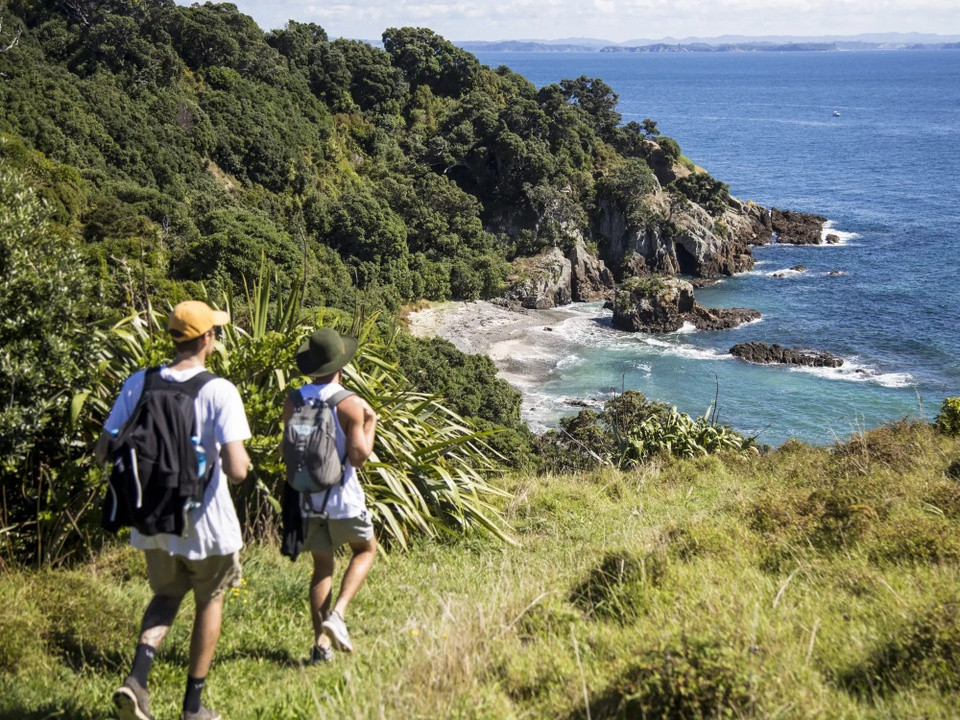 |
Photo: Nava Fedaeff/Shutterstock |
According to a 2019 report by the United Nations World Tourism Organization (UNWTO), transport-related emissions from tourism accounted for about 5% of total global carbon dioxide emissions in 2016 and are expected to account for 5.3% of total man-made carbon dioxide emissions by 2030.
However, travel experts say that travelers can reduce their environmental impact with simple actions. From supporting local communities to choosing alternatives to air travel, here are some helpful tips recommended by travel and sustainability experts.
Travel by train instead of plane
Although flying is always faster than taking the train, experts say tourists should choose trains over planes to help reduce their environmental impact.
The International Council on Clean Transportation (ICCT) reported that about 2.4% of global carbon dioxide emissions come from the aviation industry. According to one study, a flight emits 14 times more carbon dioxide than a train, and even more than a subway.
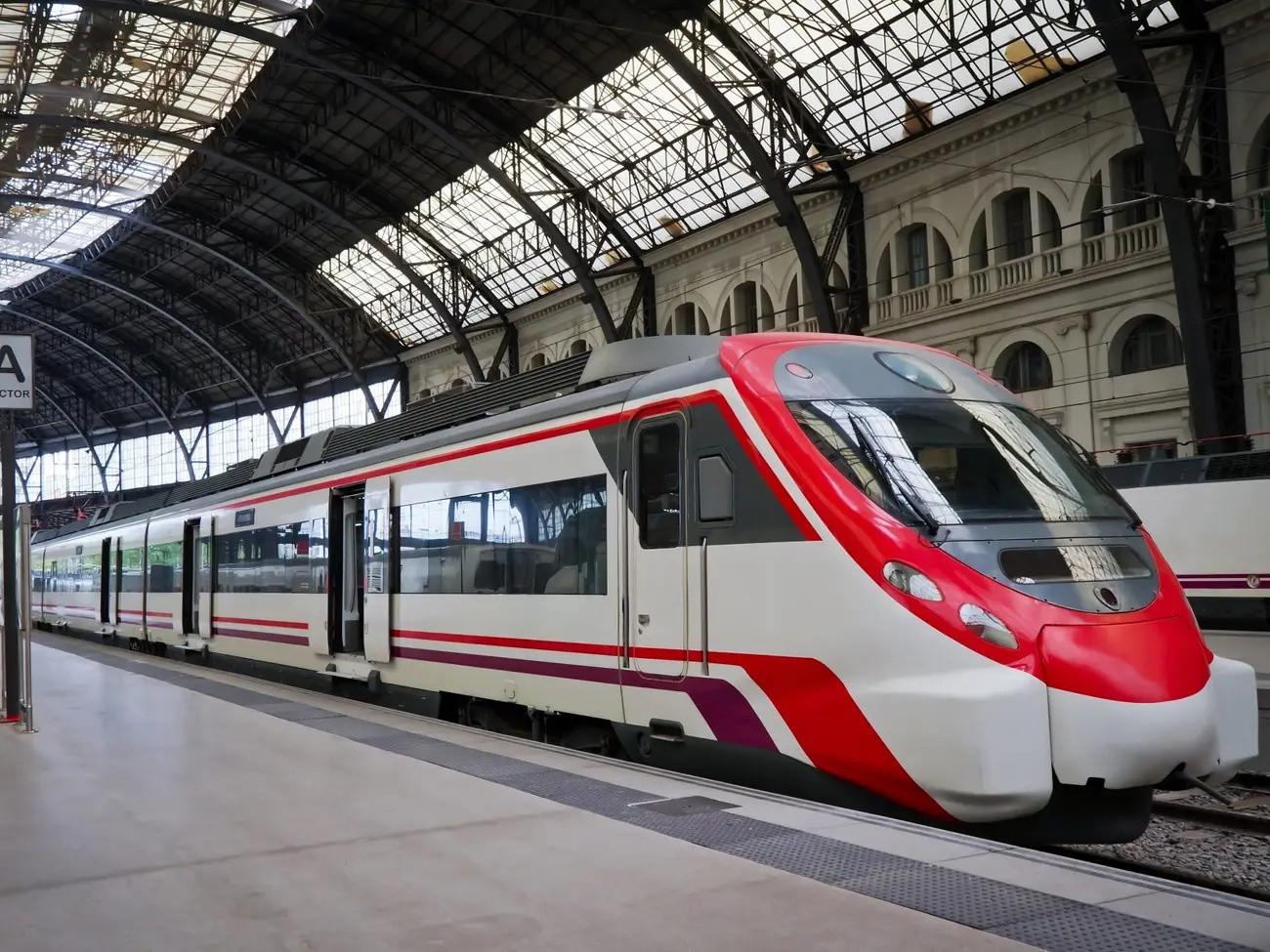 |
Traveling by train is more environmentally friendly than flying. Photo: Pagina/Shutterstock |
In April 2022, the French government banned short-haul flights when there is an alternative of two and a half hours by train or bus. The new rule is part of France's overall effort to reduce carbon emissions by 40% by 2030, returning them to 1990 levels.
Choose cheap flights
If your travel destination is too far away or doesn't offer any train connections, choosing to buy cheap airline tickets will help you contribute to environmental protection.
Explaining this issue, Scott Keyes, an expert and founder of the travel website Going, said that buying high-priced air tickets shows high demand for travel. Therefore, airlines will update new flights, carbon emissions increase with the number of planes in operation.
When customers buy cheap tickets, it means demand for travel is low, forcing airlines to lower fares to fill seats on each flight. Therefore, they do not need to create as many flights, which means the carbon footprint of the plane is significantly reduced.
Select economy class
Economy class takes up less space, weight, and resources on the plane than premium class seating. A typical flight may have hundreds of economy class seats, with only 50 in business class or 10 in first class. As a result, business class seats fewer passengers and therefore has a higher carbon footprint per person than economy class.
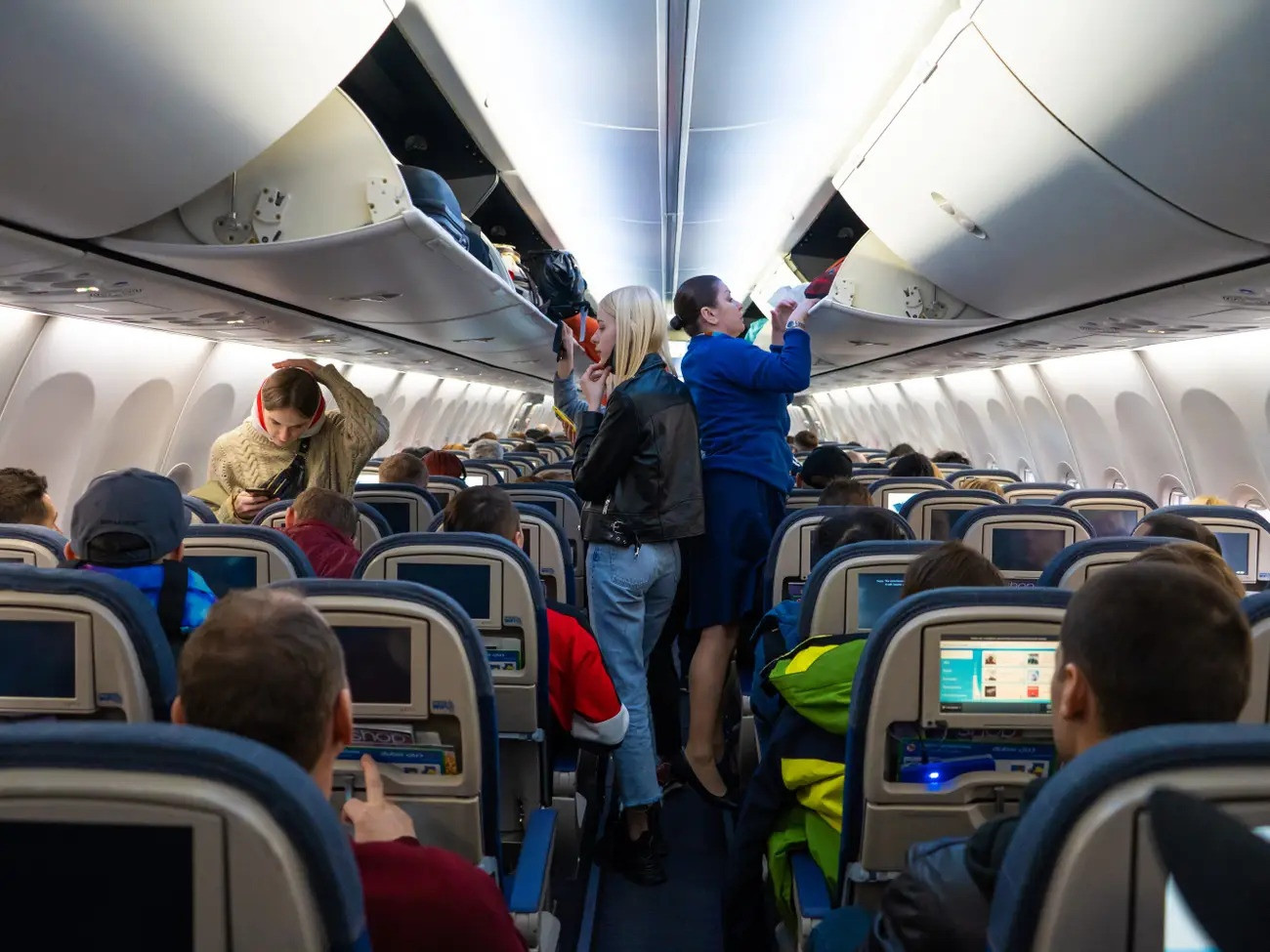 |
Economy class takes up less space, weight, and resources. Photo: Try_my_best/Shutterstock |
According to a report from ICCT, a business class passenger produces 2.6-4.3 times more carbon dioxide per kilometer than an economy class passenger.
Avoid single-use plastics
According to the Natural Resources Defense Council (NRDC), the world produces 150 million tons of plastic for single-use items every year. Notably, 91% of it is not recycled. Therefore, limiting the use of these products is the optimal solution to avoid wasting resources, as well as minimizing the environmental impact of plastic production.
 |
A little travel tip is to use resealable bottles for personal hygiene products. These products are compact and can be reused many times. Photo: Vadim Zakharishchev/Shutterstock |
Lea d'Aurio, founder of ocean conservation group Oceanic Global, said travelers should not bring small-sized shampoos, conditioners, and shower gels because after one use, they will become local waste or end up in the ocean.
She also suggests travelers choose hotels that have been awarded the Oceanic Global Green Standard, which certifies businesses for their efforts in sustainability and commitment to going plastic-free.
Similarly, experts recommend that travelers bring their own water bottles to avoid using plastic water bottles or cups, as well as disposable straws. This way, you can also save a lot of money instead of spending tens of thousands of VND to buy a bottle of water when traveling. If traveling with family or in a group, using a personal water bottle can save the group hundreds of thousands of VND per day.
Book a "green" hotel
"Before you choose a place to stay, do your research and look for hotels that care about or have environmental certifications," says Rose O'Connor, founder of travel consultancy Wanderlust Sustainable, which helps businesses assess, develop and promote sustainable practices.
She suggests travelers look for and track hotels’ sustainability practices, such as how they manage waste, water, and energy consumption. Many hotels publish annual sustainability reports on their websites. The more information a hotel has, the more transparent it appears.
There are also many hotel sustainability certifications such as Green Globes, Earthcheck or B Corp that guests can refer to.
Walk or bike while traveling
Another way to help reduce carbon dioxide emissions is to limit the use of vehicles that produce them. According to the Sierra Club, motor vehicles use about 8.2 billion liters of gasoline each year, with jet skis and recreational boats combined accounting for 5.1 billion liters, ATVs accounting for 2.1 billion liters, snowmobiles accounting for 695 million liters, and off-road motorcycles accounting for 321 million liters.
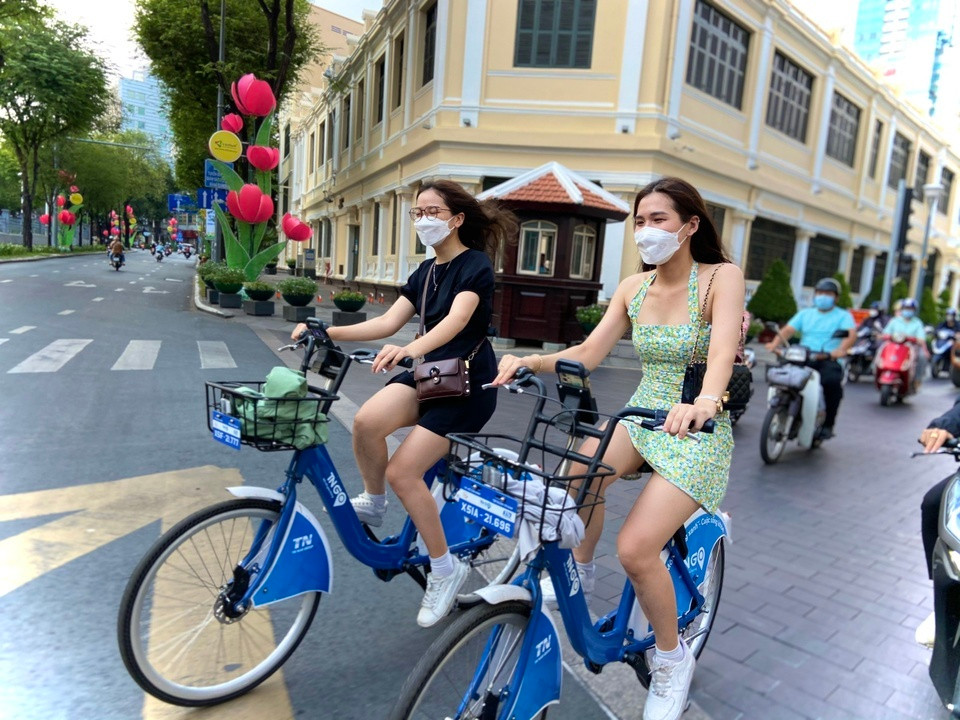 |
Cycling is an enjoyable experience when traveling. Photo: Thu Tran |
Walking or cycling also helps visitors have a more interesting experience of the local culture. When moving at a slow pace, you will discover many surprises at the sights. This is also a great exercise and will help you get hungry quickly so you can try all the local dishes.
Get involved in local community activities
Experts say one of the most enjoyable parts of traveling is enjoying the uniqueness of the local environment. Spending on these activities also contributes to the development of the local economy so that they have the resources to protect and keep the environment green - clean - beautiful.
O'Connor advises travelers to avoid hotels and resorts that are self-contained and have no connection to the surrounding community.
“These hotels often evoke the feeling that you could be anywhere in the world, compared to the specific place you are actually visiting. Regardless of the environmental impact, staying in such hotels does not create cultural exchange value during the travel process,” she said.
Instead, O'Connor recommends travelers try cultural experiences that are owned and run by local communities, such as taking cooking classes with locals or experiencing handicrafts.
Eat local food
O'Connor said enjoying locally sourced food is a "small act that adds up to lasting value".
Eating local food not only helps visitors enjoy fresh food, but also contributes to supporting the local supply chain, ensuring the money you spend on food stays in the local community.
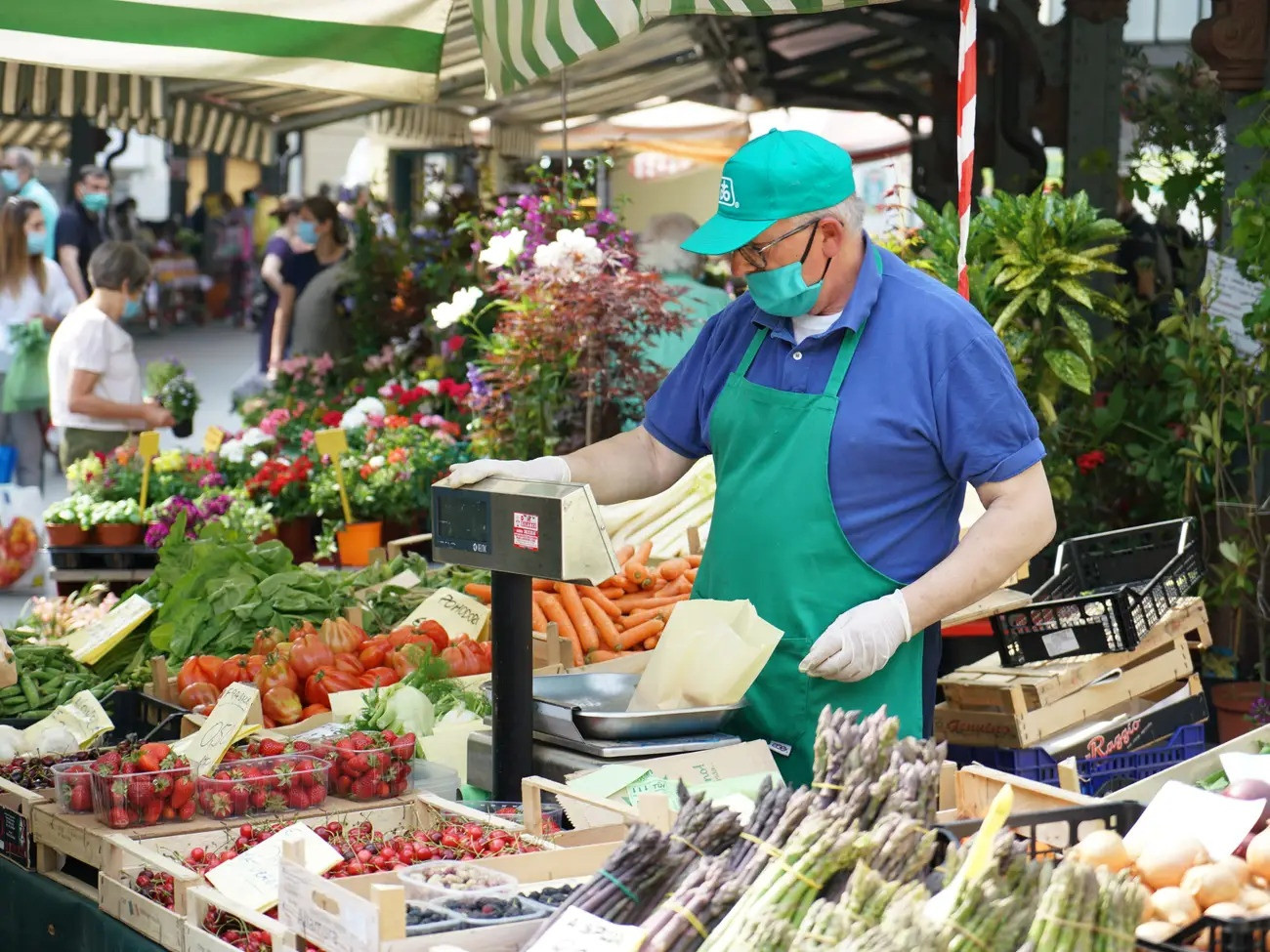 |
Choosing locally sourced plants will have less of an impact on the environment. Photo: MikeDotta/ Shutterstock |
Alternatively, consider cutting back on your meat intake and eating a healthier diet. According to a study published in the journal Nature, global greenhouse gas emissions from animal production and transportation are twice as high as those from plant-based foods.
Don't buy unnecessary things
While shopping benefits local communities, you can reduce your impact even further by not buying unnecessary things when you travel.
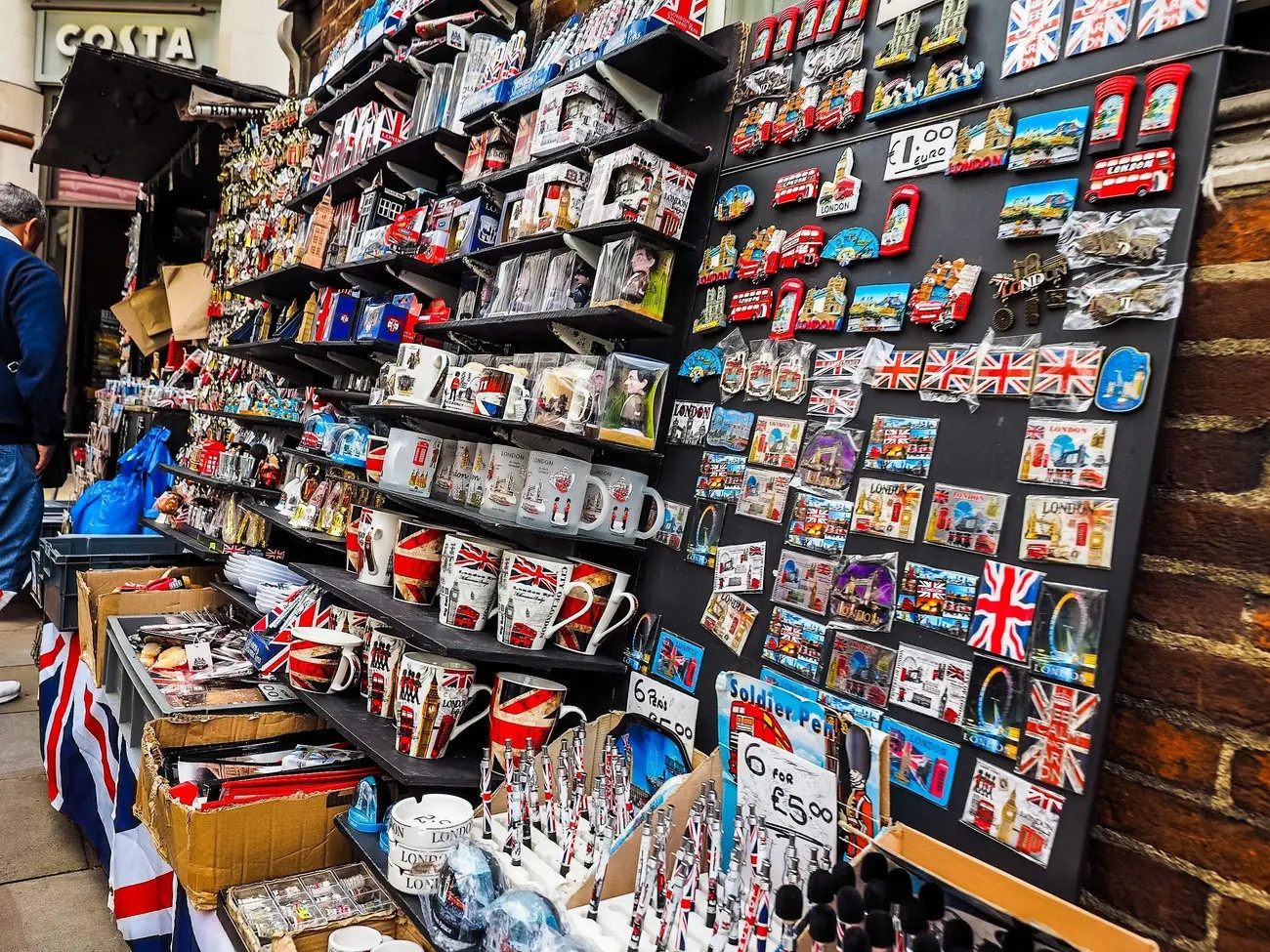 |
Sustainability experts advise travelers to reconsider using travel as an excuse to shop. Photo: Claudio Divizia/Shutterstock |
Traveling is an opportunity for you to shop for local products, but if you buy things that are not necessary for regular use, in the future, those items may become trash.
Keyes advises travelers to focus on local experiences, keeping beautiful memories in mind is much more enjoyable than spending on impractical products.


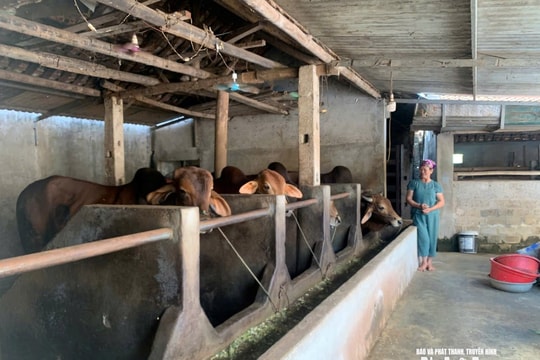
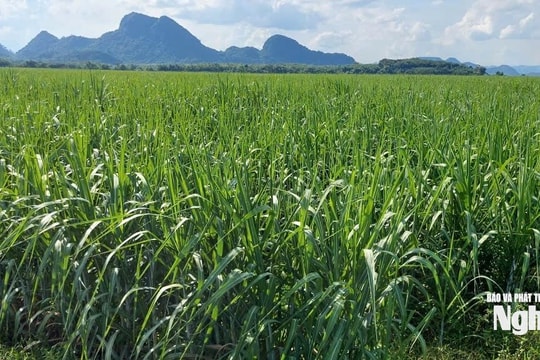
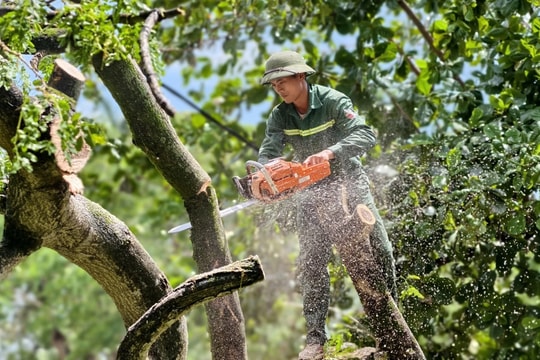

.jpg)
.jpg)
